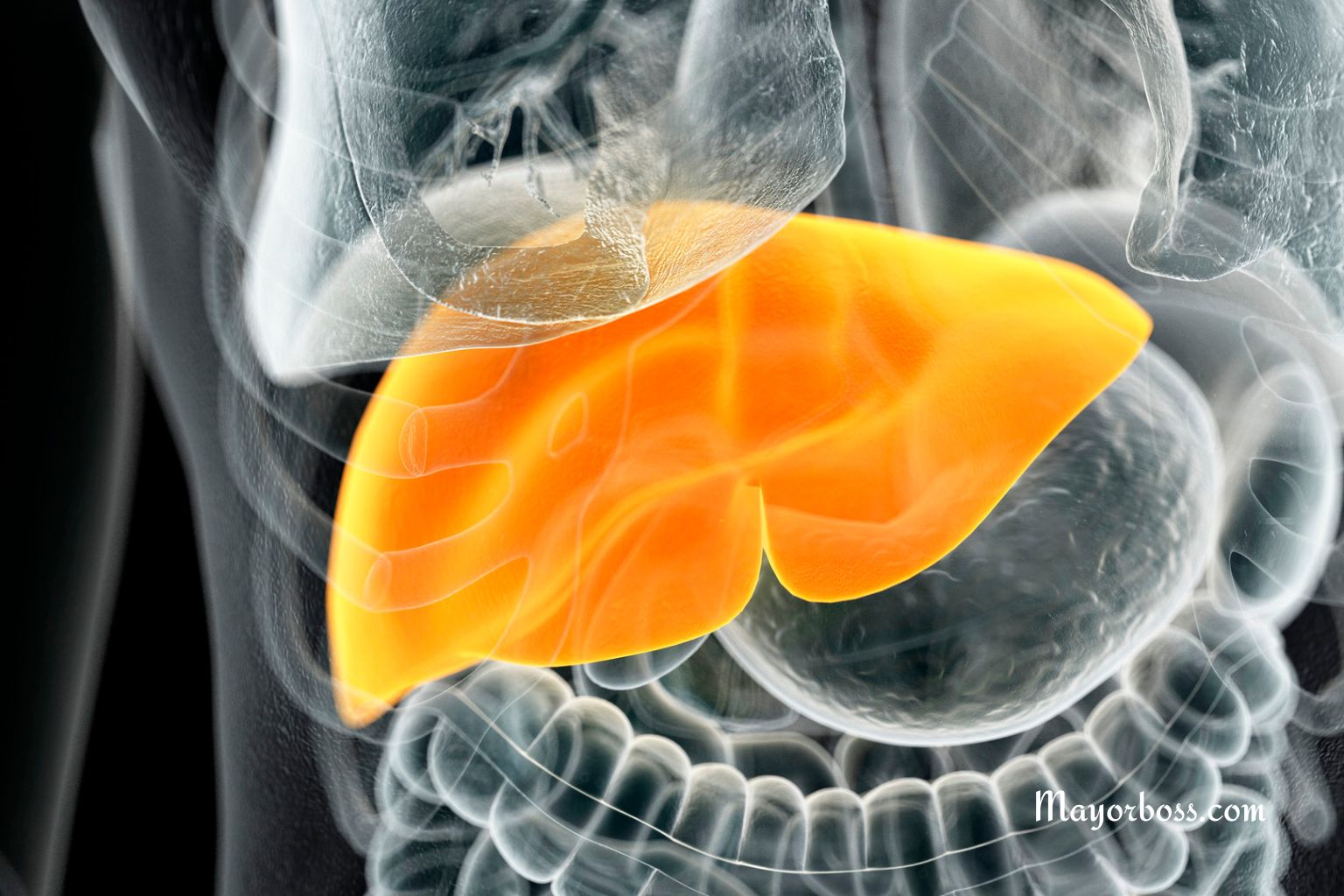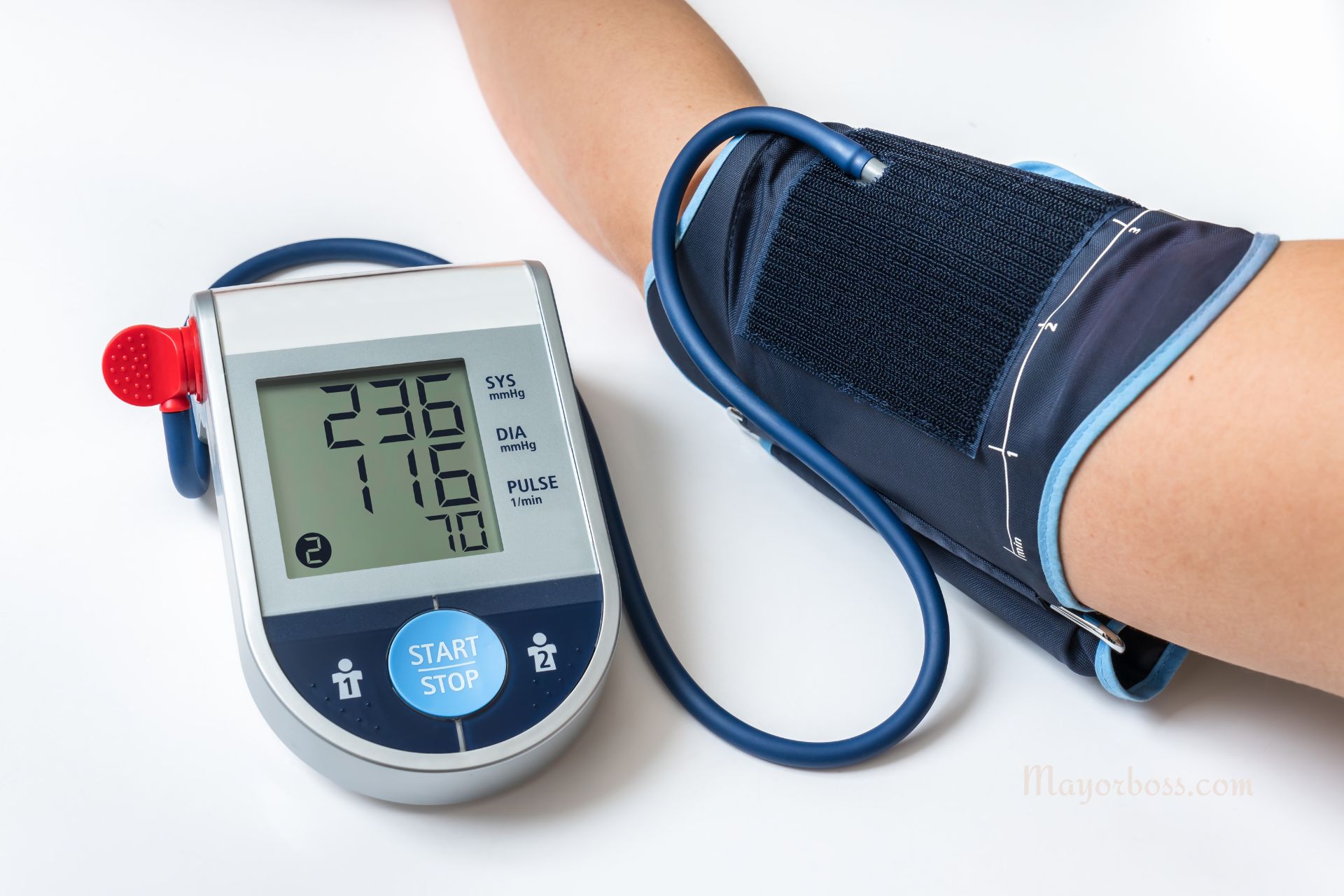Is Your Pelvic Pain Due to Gas? Here’s What You Need to Know
Pelvic pain can be a puzzling symptom, often leading you down a path of various possible causes. One frequently overlooked cause is gas. Yes, it might sound surprising, but let’s explore how gas can lead to pelvic pain and what you can do about it. First, it’s important to know that gas is a normal part of the digestive process. However, when gas builds up, it can cause discomfort and pain, sometimes even in unexpected areas like the pelvis.

Why Gas Causes Pelvic Pain
- Pressure Build-Up: Excess gas in the intestines can create significant pressure and bloating. This pressure can extend to the pelvic area, causing pain or discomfort.
- Referred Pain: Sometimes, the pain you feel in one area of your body is actually caused by a problem in another area. Gas trapped in the digestive tract can lead to referred pain in the pelvic region.
Symptoms of Gas-Related Pelvic Pain
- Feeling of bloating or fullness
- Sharp, jabbing pains or a feeling of cramping
- The pain may move around your abdomen and pelvic area
- Relief after passing gas or having a bowel movement
Causes of Gas Leading to Pelvic Pain
- Dietary Habits: Consumption of certain foods like beans, lentils, carbonated drinks, and high-fiber fruits and vegetables can increase gas production.
- Digestive Disorders: Ailments like irritable bowel syndrome (IBS) or lactose intolerance can lead to excessive gas.
- Swallowing Air: Habits like smoking, chewing gum, eating too quickly, or talking while eating can lead to swallowing excess air, which increases gas.
Differentiating from Other Causes of Pelvic Pain
While gas can cause pelvic pain, it’s crucial to differentiate it from other potential causes, which could be more serious. Other causes of pelvic pain include:
- Urinary tract infections (UTIs)
- Menstrual cramps or premenstrual syndrome (PMS)
- Ovarian cysts
- Endometriosis
- Appendicitis (in some cases)
Treatment for Gas-Related Pelvic Pain
- Over-the-counter remedies: Products like simethicone can provide relief from gas.
- Warm compresses to ease discomfort
- Herbal teas are known for aiding digestion
- Identify and avoid foods that trigger gas
- Eat slowly and avoid talking while chewing
- Exercise regularly to help move gas through your system
When to See a Doctor
Consult a healthcare professional if your pelvic pain is intense, persistent, or accompanied by other symptoms like fever, blood in your stool, or vomiting. It’s important not to self-diagnose, as pelvic pain can be a symptom of various conditions.
Frequently Asked Questions
How do I know if my pelvic pain is just gas?
If the pain comes with bloating, changes location, and is relieved by passing gas or a bowel movement, it’s likely due to gas. However, if you’re in doubt, consult a doctor.
Can gas cause severe pelvic pain?
Typically, gas causes mild to moderate pain. If you’re experiencing severe pain, it’s crucial to seek medical advice to rule out other conditions.
Are there any exercises to relieve gas pain?
Yes, gentle activities like walking, yoga, or stretching can help move gas through your digestive system and relieve pain.
Understanding the connection between gas and pelvic pain can be a relief in itself. While gas-related pelvic pain is usually not a cause for serious concern, being attentive to your body and seeking medical advice when necessary is key to maintaining your health and well-being.






